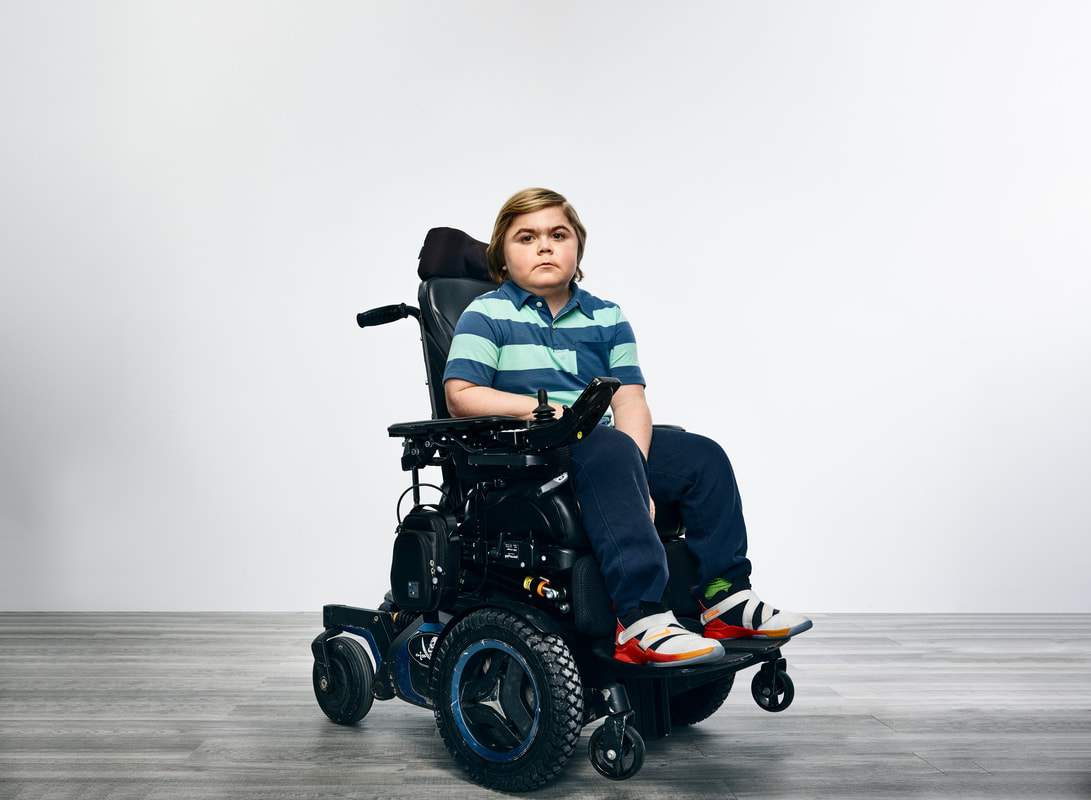Duchenne Muscular Dystrophy (DMD)
Duchenne Muscular Dystrophy is the most common form, of the nine types, of muscular dystrophy; a progressive muscle disorder which causes weakness and loss or atrophy of the skeletal, cardiac, and pulmonary muscles. Duchenne is caused by the lack of dystrophin, a protein that keeps muscles healthy and protects, and aids in repair, from injury.
Predominantly a male genetic disorder that affects approximately 20,000 children worldwide, or one in every 5,000 boys, each year. A boy inherits DMD when he receives a broken X-chromosome, that fails to make the protein dystrophin. About one-third of boys with DMD come from a family without any history of the disease.
Boys with DMD show signs of muscle weakness as early as age three lose the ability to walk between the ages of eight and twelve; feel the effects of heart and respiratory muscles by early teens; and have a life expectancy of early twenties.
JB's Keys to DMD's mission is to continue to educate and raise awareness of the disease; fund research; improve care and create quality of life experiences for our boys and their families.
Predominantly a male genetic disorder that affects approximately 20,000 children worldwide, or one in every 5,000 boys, each year. A boy inherits DMD when he receives a broken X-chromosome, that fails to make the protein dystrophin. About one-third of boys with DMD come from a family without any history of the disease.
Boys with DMD show signs of muscle weakness as early as age three lose the ability to walk between the ages of eight and twelve; feel the effects of heart and respiratory muscles by early teens; and have a life expectancy of early twenties.
JB's Keys to DMD's mission is to continue to educate and raise awareness of the disease; fund research; improve care and create quality of life experiences for our boys and their families.

